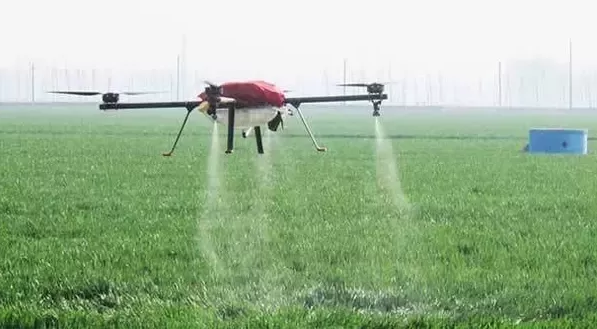
Breaking News
 Christmas Truce of 1914, World War I - For Sharing, For Peace
Christmas Truce of 1914, World War I - For Sharing, For Peace
 The Roots of Collectivist Thinking
The Roots of Collectivist Thinking
 What Would Happen if a Major Bank Collapsed Tomorrow?
What Would Happen if a Major Bank Collapsed Tomorrow?
Top Tech News
 EngineAI T800: Born to Disrupt! #EngineAI #robotics #newtechnology #newproduct
EngineAI T800: Born to Disrupt! #EngineAI #robotics #newtechnology #newproduct
 This Silicon Anode Breakthrough Could Mark A Turning Point For EV Batteries [Update]
This Silicon Anode Breakthrough Could Mark A Turning Point For EV Batteries [Update]
 Travel gadget promises to dry and iron your clothes – totally hands-free
Travel gadget promises to dry and iron your clothes – totally hands-free
 Perfect Aircrete, Kitchen Ingredients.
Perfect Aircrete, Kitchen Ingredients.
 Futuristic pixel-raising display lets you feel what's onscreen
Futuristic pixel-raising display lets you feel what's onscreen
 Cutting-Edge Facility Generates Pure Water and Hydrogen Fuel from Seawater for Mere Pennies
Cutting-Edge Facility Generates Pure Water and Hydrogen Fuel from Seawater for Mere Pennies
 This tiny dev board is packed with features for ambitious makers
This tiny dev board is packed with features for ambitious makers
 Scientists Discover Gel to Regrow Tooth Enamel
Scientists Discover Gel to Regrow Tooth Enamel
 Vitamin C and Dandelion Root Killing Cancer Cells -- as Former CDC Director Calls for COVID-19...
Vitamin C and Dandelion Root Killing Cancer Cells -- as Former CDC Director Calls for COVID-19...
 Galactic Brain: US firm plans space-based data centers, power grid to challenge China
Galactic Brain: US firm plans space-based data centers, power grid to challenge China
First Ag Crop Completely Grown, Harvested Using Only Robots

A farm in the United Kingdom is the first in the world to successfully plant, tend and harvest a crop without a single person ever setting foot in the field, according to researchers and developers involved in the project.
From sowing the seeds to picking the grain, human workers were replaced with automated machines operated from a control room. The project, called Hands Free Hectare, was completed last month with a yield of 4 1/2 tons of barley, according to news releases.
The automated farm was a joint venture by Harper Adams University in Shropshire, England, and Precision Decisions, a farming specialist company in York.
"Previously, people have automated sections of agricultural systems, but funding and interest generally only goes towards one single area," said Kit Franklin, an agricultural engineer on the project.
Experts agree that automation technology has been available for some time now, but in recent years its implementation has been accelerated by decreasing costs and changing demographics in the workforce.

 The State's Last Stand
The State's Last Stand


